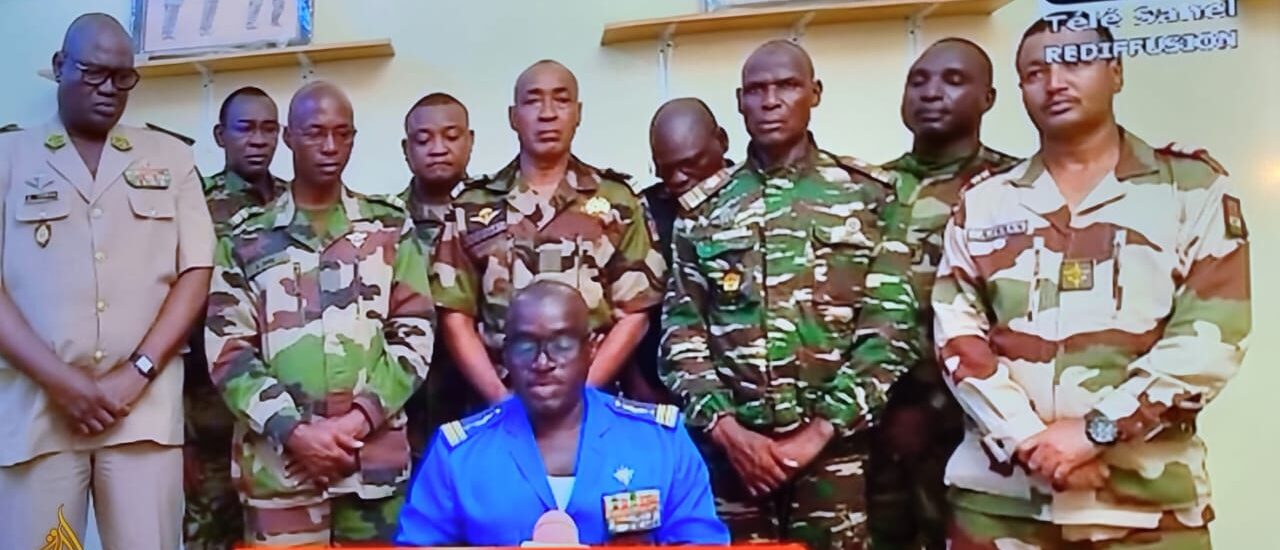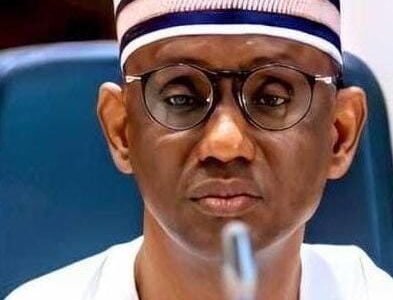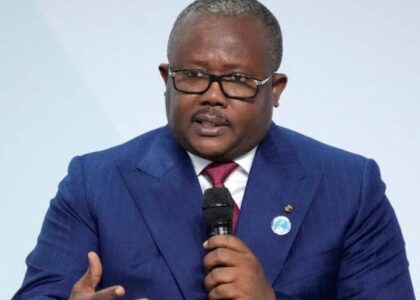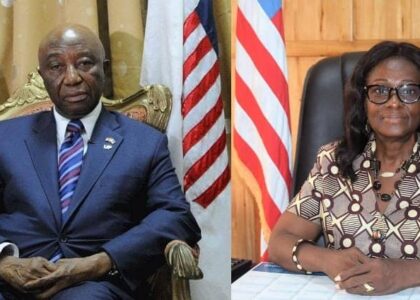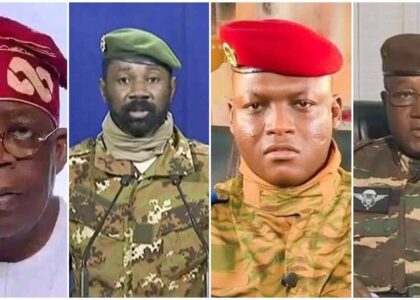Sadly, it is now beyond speculation and uncertainty: Niger has joined the ranks of ECOWAS States under military rule, climaxing the events that commenced on 26 July, 2023. With this situation, the neigbouring countries of Burkina Faso, Niger and Mali have become an axis of coup. This contagion or imitation must stop!
In our reflection on the issue on 26 July, 2023, we wondered what the ECOWAS, the AU and all other States that condemned the action and called on the Coupists to stand down, would do, should they fail to heed the clarion call, as they have just done.
Judging from the lacklustre progress and frequent shifts in the transition timetables agreed between ECOWAS and the Juntas in Burkina Faso, Mali, and Guinea, one cannot but wonder what ECOWAS and the AU will now do differently.
On our part, we believe it is time enough for the ECOWAS, which plays a seemingly active role, howbeit half-heartedly, in preventing coups and transiting to civilian rule where coup happens, to adopt a different strategy to preventing coups and terminating military rules before the sub region is consumed by coups.
ECOWAS should move away from indiscriminate sanctions that punishes everyone to targeted sanctions against the Coupists, their family members and associates. Indiscriminate sanction only further punishes the people on whose behalf ECOWAS and other foreign efforts are acting.
The situation in Niger is more dire and complicated by the level of poverty and insecurity plaguing the country. Attention must be paid to the fact that Niger has so far played the role of a strong line of defence against insurgency in the sub region.
With the even greater threat of the Wagner Group waiting in the wings to get into the fray, as they are currently doing in Mali, the situation is delicate and must be handled with utmost care.
Given the situation on ground in Niger and many West African States, one cannot argue with the excuses given by Colonel Amadou Abdramane, that they decided to “put an end to the regime that you know due to the deteriorating security situation and bad governance”. However, one can always argue with the decision of the military to cease power, as it has never been shown that the military is ever been able to solve the problems they identify as the reason for toppling the government. They only complicate the problems. In any event, insecurity is an indictment on the military itself.
Nevertheless, and as we have always stated, the answer to coup is good government; free, fair and transparent elections; respect for human rights and rule of law.
When these are not provided by a government, and the military takes advantage of the failings, the international community may react all it likes, the people’s tendency to welcome the abnormal government would remain unaffected by whatever the international community is saying or doing.
More than ever before, the Authority of Heads of State and Government of ECOWAS must unite around the constitutional convergence principles in the 2001 Supplementary Protocol on Democracy and Good Governance and challenge themselves to adhere religiously and holistically to them.
The constitutional principles to be shared by all Member States:
- Separation of powers – the Executive, Legislative and Judiciary. – Empowerment and strengthening of parliaments and guarantee of parliamentary immunity. – Independence of the Judiciary: Judges shall be independent in the discharge of their duties. – The freedom of the members of the Bar shall be guaranteed; without prejudice to their penal or disciplinary responsibility in the event of contempt of court or breaches of the common law.
- Every accession to power must be made through free, fair and transparent elections.
- Zero tolerance for power obtained or maintained by unconstitutional means.
- Popular participation in decision-making, strict adherence to democratic principles and decentralisation of power at all levels of governance.
- The armed forces must be apolitical and must be under the command of a legally constituted political authority; no serving member of the armed forces may seek to run for elective political.
- Secularism and neutrality of the State in all matters relating to religion; freedom for each individual to practise, within the limits of existing laws, the religion of his/her choice everywhere on the national territory. The secularism shall extend to all parts of the State, but shall not deprive the State of the right to regulate, with due respect to human rights, the different religions practised on the national territory or to intervene when law and order break down as a result of any religious activity.
- The State and all its institutions belong to all the citizens; therefore none of their decisions and actions shall involve any form of discrimination, be it on an ethnic, racial, religion or regional basis.
- The rights set out in the African Charter on Human and People’s Rights and other international instruments shall be guaranteed in each of the ECOWAS Member States; each individual or organisation shall be free to have recourse to the common or civil law courts, a court of special jurisdiction, or any other national institution established within the framework of an international instrument on Human Rights, to ensure the protection of his/her rights. In the absence of a court of special jurisdiction, the present Supplementary Protocol shall be regarded as giving the necessary powers to common or civil law judicial bodies.
- Political parties shall be formed and shall have the right to carry out their activities freely, within the limits of the law. Their formation and activities shall not be based on ethnic, religious, regional or racial considerations. They shall participate freely and without hindrance or discrimination in any electoral process. The freedom of the opposition shall be guaranteed. Each Member State may adopt a system for financing political parties, in accordance with criteria set under the law.
- The freedom of association and the right to meet and organise peaceful demonstrations shall also be guaranteed.
- The freedom of the press shall be guaranteed. l) All former Heads of State shall enjoy a special status including freedom of movement. They shall enjoy special benefits compatible to their status as former Heads of State.
Unfortunately, the leaders of the region are wont to pay lip service to these principles and only attempt to take action to emphasise ‘zero tolerance for unconstitutional change of government’, but this is mostly only where there is a coup; only then do they call extraordinary summits here and there and at very short notices. The leaders must re-channel their energies and do so purposively and proactively.
Beyond this, the ECOWAS Leaders must begin to look beyond the region and the multiple problems to foreign States or groups that may be promoting coups in the region.
ECOWAS Leaders must get very proactive and truly unite against coup, its causes and sponsors.
@centre for community law, July, 2023


